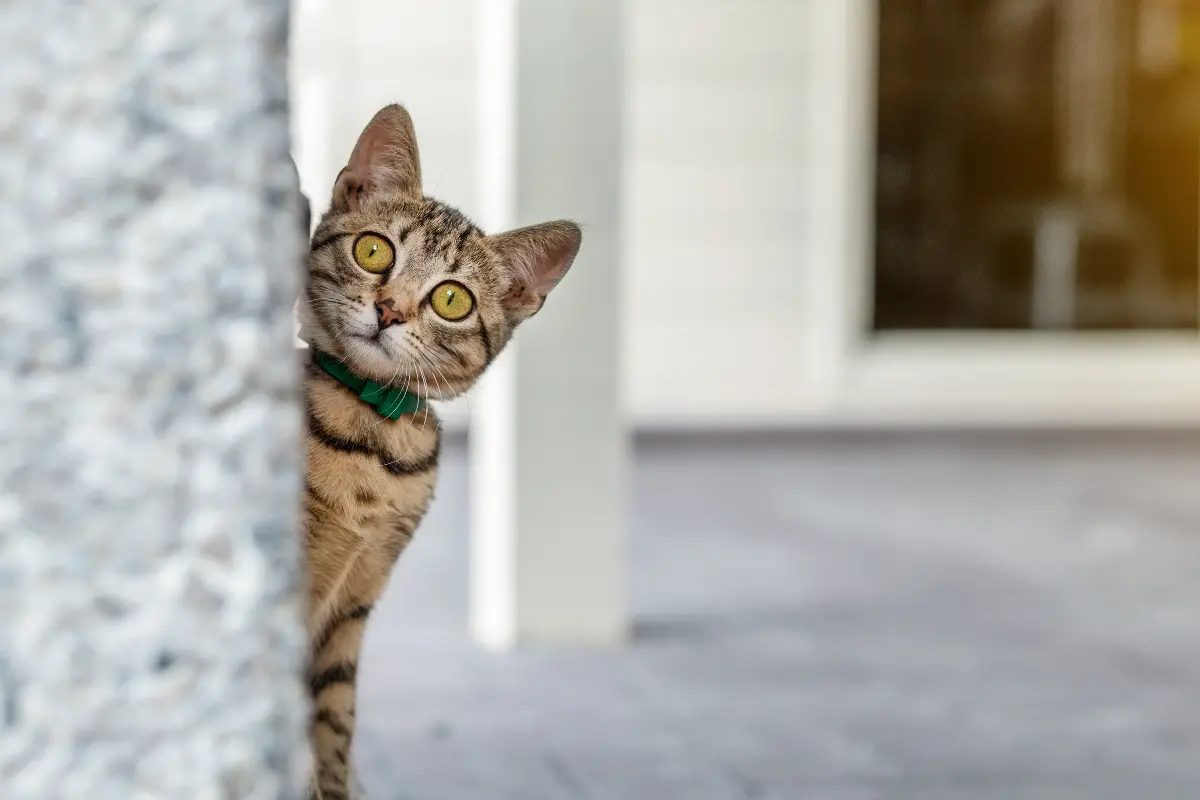Our feline friends are curious creatures, often driven by their inquisitive nature to explore every nook and cranny of their homes. While we love them for their playful and adventurous spirits, there are hidden dangers lurking in common household items that pet owners may unknowingly overlook. It’s important to safeguard our pets from these potential hazards to ensure they live long, healthy, and happy lives. Today, we’re going to explore some of those commonly found household items that you might never have suspected could be harmful to your cat.

Let’s start with the plants you might have around your home. While they bring beauty and a touch of nature indoors, some species are incredibly toxic to cats. Lilies, for instance, are exceptionally poisonous and can cause kidney failure in cats. All parts of the plant are dangerous, so it’s best to keep lilies out of a cat-friendly household. Other toxic plants include aloe vera, azaleas, and chrysanthemums. It’s always a good practice to check the toxicity of a plant before bringing it into your home, keeping your feline’s safety in mind.
Another hidden danger comes from essential oils and diffusers. These are becoming increasingly popular for their aromatic and therapeutic benefits for humans; however, many essential oils are highly toxic to cats. Cats lack certain enzymes in their liver that are necessary to break down and eliminate the compounds found in essential oils, leading to a buildup that can cause serious health issues. Oils such as eucalyptus, tea tree, cinnamon, and citrus are particularly harmful and should be used with caution or avoided altogether in a household with cats.
Household cleaners often contain chemicals that are harmful to cats. Cats have an instinctual habit of grooming themselves, and if they walk on a surface that’s been recently cleaned with strong chemicals, they could ingest potentially harmful residues by licking their paws. Ingestion or even inhalation of these substances can lead to respiratory problems, gastrointestinal upsets, and more severe health issues. Look for pet-safe cleaning products whenever possible, and ensure that any area cleaned with chemicals has been well-rinsed and dried before allowing your cat to access it.

Next, let’s address human foods that can be extremely dangerous to cats. Chocolate is widely known to be toxic to dogs, but it’s equally dangerous for cats due to theobromine, a compound that felines can’t metabolize. Even small amounts can cause vomiting, diarrhoea, tremors, heart issues, and, in severe cases, death. Other potentially toxic foods include grapes and raisins, which can cause kidney failure in cats, as well as onions and garlic, which can lead to anemia. It’s best to stick to cat-specific treats and consult your vet before sharing any human foods with your pets.
Medication intended for humans should never be given to cats without consulting a veterinarian. Acetaminophen, which is found in Tylenol, and ibuprofen, found in Advil and Motrin, are particularly harmful to cats and can be fatal. Store all medicine securely out of reach of curious paws, and always talk to your vet before giving your cat any over-the-counter or prescription drugs.
While we might enjoy a nicely scented home, potpourri and scented candles can pose a risk to our feline friends. The oils used in potpourri can cause chemical burns in a cat's mouth, skin, and eyes, while ingesting potpourri can lead to intestinal blockages or toxicity. Similarly, some candles may release harmful particles when burned that could affect a cat's sensitive respiratory system, and the open flame poses a fire hazard if knocked over by a playful pet.

Have you thought about the risk that your small household items pose to your cat? Items such as rubber bands, strings, dental floss, and small toys can be choking hazards and may cause intestinal blockages if ingested by your cat. Cats naturally enjoy playing with these items because they mimic prey, but it’s crucial to be cautious and supervise playtime with any small or easily chewable items.
Lastly, cat owners should be wary of second-hand smoke. Cats exposed to tobacco smoke can develop respiratory problems, malignant lymphoma, and oral cancer due to their grooming habits, which lead to the ingestion of smoke particles from their fur. Creating a smoke-free living space not only benefits your health but also that of your beloved pet.
In conclusion, while cats are adept at finding their way into seemingly every open space, as pet owners, it is our duty to ensure that their exploration doesn’t endanger their well-being. Regularly inspect your home for the above hazards and pet-proof your space accordingly. Keeping harmful items out of your cat's reach or eliminating them entirely from your household can go a long way towards providing a safe environment for your cat. Taking these precautionary steps will help you to enjoy a happy, healthy, and harmonious life with your feline companion. Remember, when in doubt, to always consult with your veterinarian about the best practices for keeping your cat safe at home.
